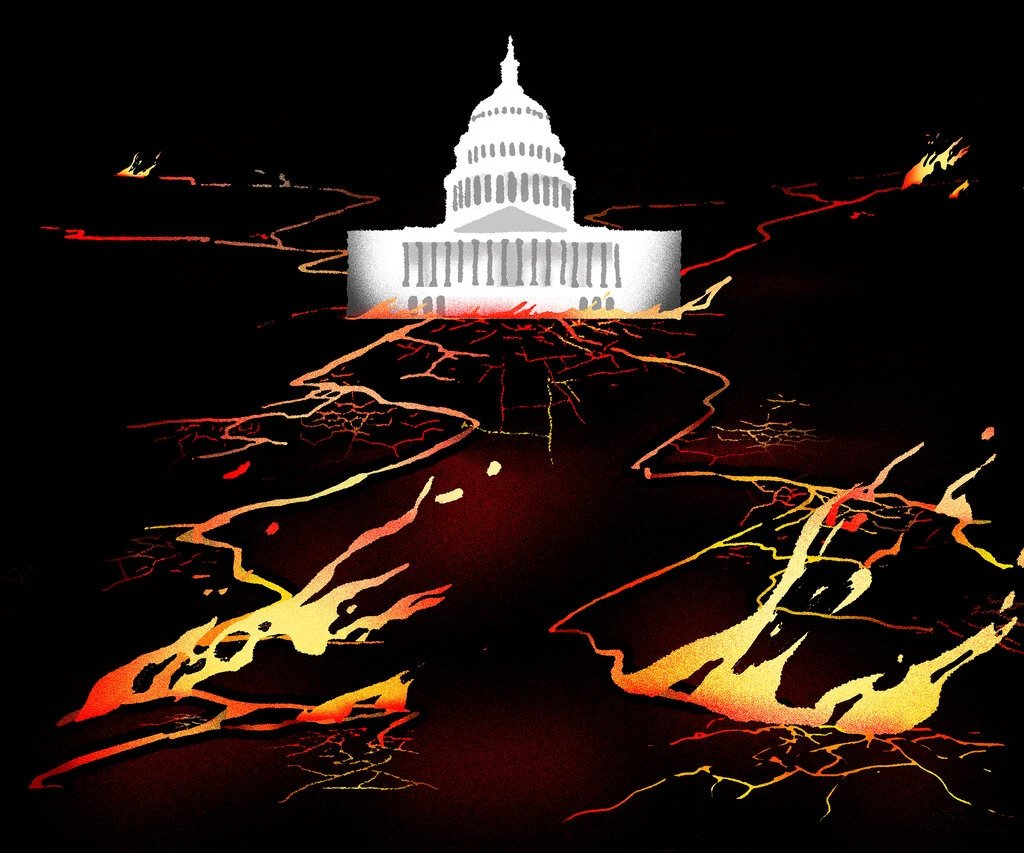Dr. Crenshaw, the author of Countering Terrorism, has been teaching and writing about political science and terrorism since 1972. She is a senior fellow emerita at the Center for International Security and Cooperation and Stanford University’s Freeman Spogli Institute for International Studies, and a professor emerita at Wesleyan University.
–
In the aftermath of the assault on the Capitol, much of the nation’s attention was focused on “why.” But another question is equally important: “What next?”
The problem the authorities faced on Jan. 6 was not an inability to respond, but failure to anticipate the threat. Going forward, counterterrorism efforts should emphasize connecting the dots in the far-right extremist universe — not a simple task, given the dispersed and fast-moving nature of the threat. I have studied terrorism for well over 40 years; we can draw lessons from experiences around the world to consider both what might happen if the far-right groups that shook Washington turn to terrorism, and how we react if they do.
To begin with, it is unlikely those who promoted the Jan. 6 assault will ever again draw such impressive crowds into the streets. Followers are likely to be intimidated by the prospect of punishment or disillusioned by failure and a sense of abandonment. The chaotic assault on the Capitol may have exceeded the bounds of tolerance of even the most ardent “Stop the Steal” loyalists. Their fervor may dissipate, especially if those elites in power who called for confrontation switch course or stay quiet.
But the true believers who remain after mass action recedes will likely grow even more intolerant, rigid and inclined to see traitors at every turn. Any cooperation on President Biden’s agenda will be interpreted as selling out.
Newcomers to the cause, intoxicated by the breaking of powerful taboos, may reinforce violent far right groups in a shifting dynamic of radicalization. Struggles for power within this far-right, white supremacist, neo-Nazi milieu would intensify the volatility and unpredictability of the threat.
One consideration for the authorities is how much further divorced from reality these groups may become. When groups move underground under pressure from security forces, they become more clandestine by necessity. Cut off from outside contact, they enter a subjective reality, much like an end-of-the-world cult.
Read entire article at New York Times
–
–
Breaking News
tags: terrorism, political science, political violence














